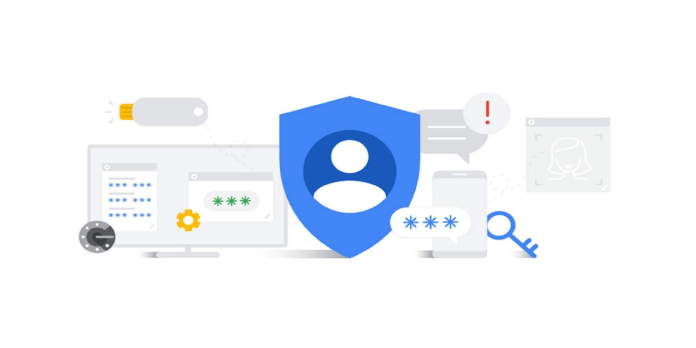Google now possesses almost every person’s information worldwide; this information is of people’s private data and business data files. If you think rationally, it is scary that Google has all those private information about us. For the hackers, Google is now one of the greatest prey to hunt, and Google is trying its hardest to improve their secuirty not to get breached and make sure they do not get hunted. However, like the saying, one may be careful of enemies but cannot be with allies. If there’s a mole in the secuirty, it can’t be stopped breaching. To make up for these the google going to enable the 2 step verification method(2sv) its also referred to as 2-factor authentication (2FA) for the 150 million accounts inside the company’s system by the end of 2021.
The 2sv and 2FA have become common, reliable security rather than using and replacing the passwords. Cause with 2sv/2FA every time they access their account
a security check goes on, and the user will receive a message to their device with a unique one-time code to verify identity and open the app. Its stage 1 defence is for the user’s weak passwords, but the users still find it difficult anyway.
Google requested its users to use the 2SV (2 step verification method ) for better security to their google accounts. Yet, the response was not what was expected, and now they decided to handle the issue on their own. The steps have already begun, and a few accounts started automatic configuration in enabling the 2SV. The most challenging thing is to enable 2SV to the 150 million accounts users before completing 2021.
Its not like Google’s doing things as they wish without the user’s consent. First of all, not every user account is qualified to enable 2SV. The qualified users have a backup account and mainly syncing their google account with the user’s mobile number. Also, its the user choose if they don’t need the 2SV; it can be disabled
but it is not suggested for security measures.
Google hasn’t stated that the 2SV is suitable for all occasions and is to find other ways. Nowadays, for example, smartphones also have one-tap authentication
methods to sign in to their accounts.



